Elvin Jones
Elvin Jones
the Bear
He surrounded us with his sound
He was the safety net when the tightrope
walkers began
Can you hear him?
There is a new thunder in the sky
The stars shine for his attention
As he travels through this world and others
We have a new power to protect us
Do you know a drummer?
Have you felt the rhythm?
The poly-rhythm? The beat?
Have you looked up at the drums?
and seen a miracle?
Then you may know
Elvin Jones
Coma Rising
(for Art Pepper)
Anger in motion
in public places
in mid-air
posing with sick habits
fighting like a disease
twisting, shaking, desire
in every note
An alto saxophone
faster than any words
any thoughts expect Art Peppers
A knife thrower with a face
full of glee
* * * * *
Billy Higgins
Billy Higgins
and it’s all true
at 12 with drumsticks in
his back pocket he started
us on an adventure
A spiral quest with music as our guide
Billy Higgins
it’s all true
the majestic smile
the caress that took us around the world
His music timeless
His life counted out in hours.
In a nightclub working
in the rehearsal studio laughing
coming up with
kaleidoscope ideas
then riding the reins
taking each one of us out
and then back in again.
The most recorded drummer in American history
at times sleeping on the streets of Manhattan.
He would take a rope
and tie his drums
around his waist,
for warmth,
for safety,
for music, and I
thought of a cross and
and we were his cross
and he carried us so far
and his music continues
to carry us and all generations.
* * * * *
Billie Holiday
(lullaby)
Sometimes when nature is quiet
and the moon shines just where you are
I can hear you singing the spirit world to rest and
I remember as a child, your voice would
wrap me in cotton
as you felt the blows for all of us
Born into a country that tried to
make your voice illegal
poise and elegance was your response
And tonight like so many
nights as I wait for morning
I know I can count on
the voice of Billie Holiday
* * * * *
The Big Band
Two trumpets fell in love
and their music showed it.
Not a wasted note.
They joined a big band
and were proud to be
such beautiful instruments.
Playing or waiting their turn
they were never out of reach.
And together they made
the heavens dance.
* * * * *
Dates
(for Milt Jackson)
Back from Japan
around the table
a tape of your sound
moving listening
eating chicken legs
hoping to remember
that the man
I met
Is the man I want
to meet
in a song
we can play
* * * * *
Max Roach
A story that can’t be told,
your story.
There will never be a way
the world can explain
the man, the imagination, the music
Genius was your playground.
We all have our versions.
You kept me going for years
With a nod, a laugh,
a lunch in the kitchen.
“Put words to this music,” you’d say.
My brother and I would
come back with words.
It was serious,
it was critical,
and you would be delighted
as we wrote our songs
on your strength.
From the swampland to North Carolina
to the symphony of a Brooklyn street
Carnegie Hall joined the applause from
around this globe.
You showed us the grace of Art.
So many people, so many stories,
so many versions.
And each version telling of a world
built stronger by the man
Max Roach
_____
Visit Paula Hackett’s website




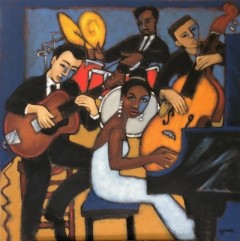
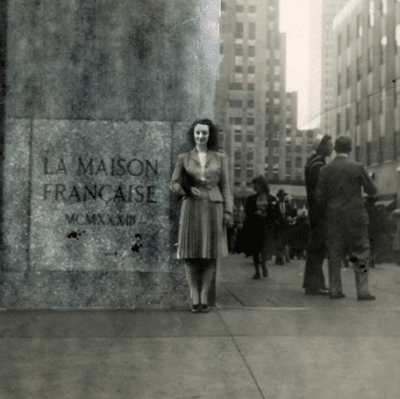




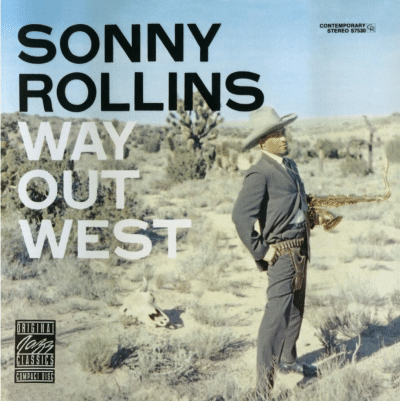
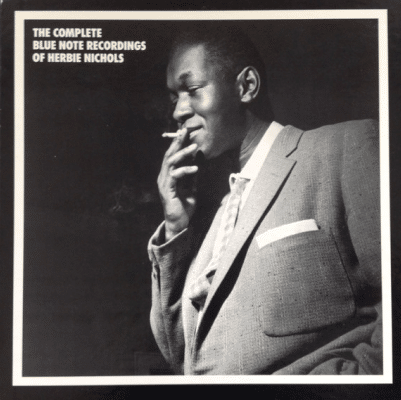




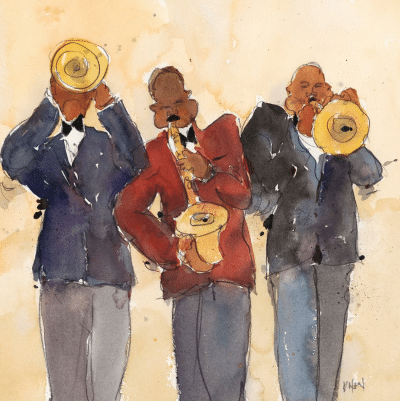
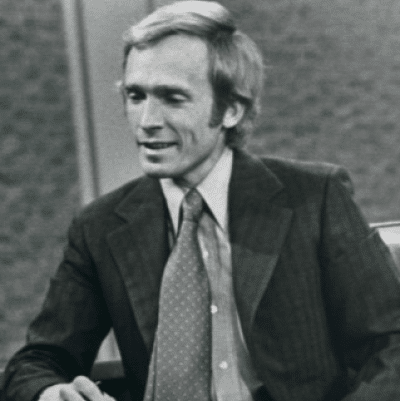



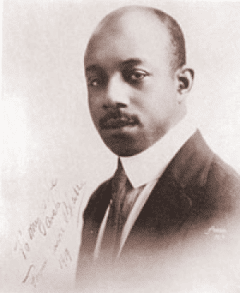



very nice
very nice